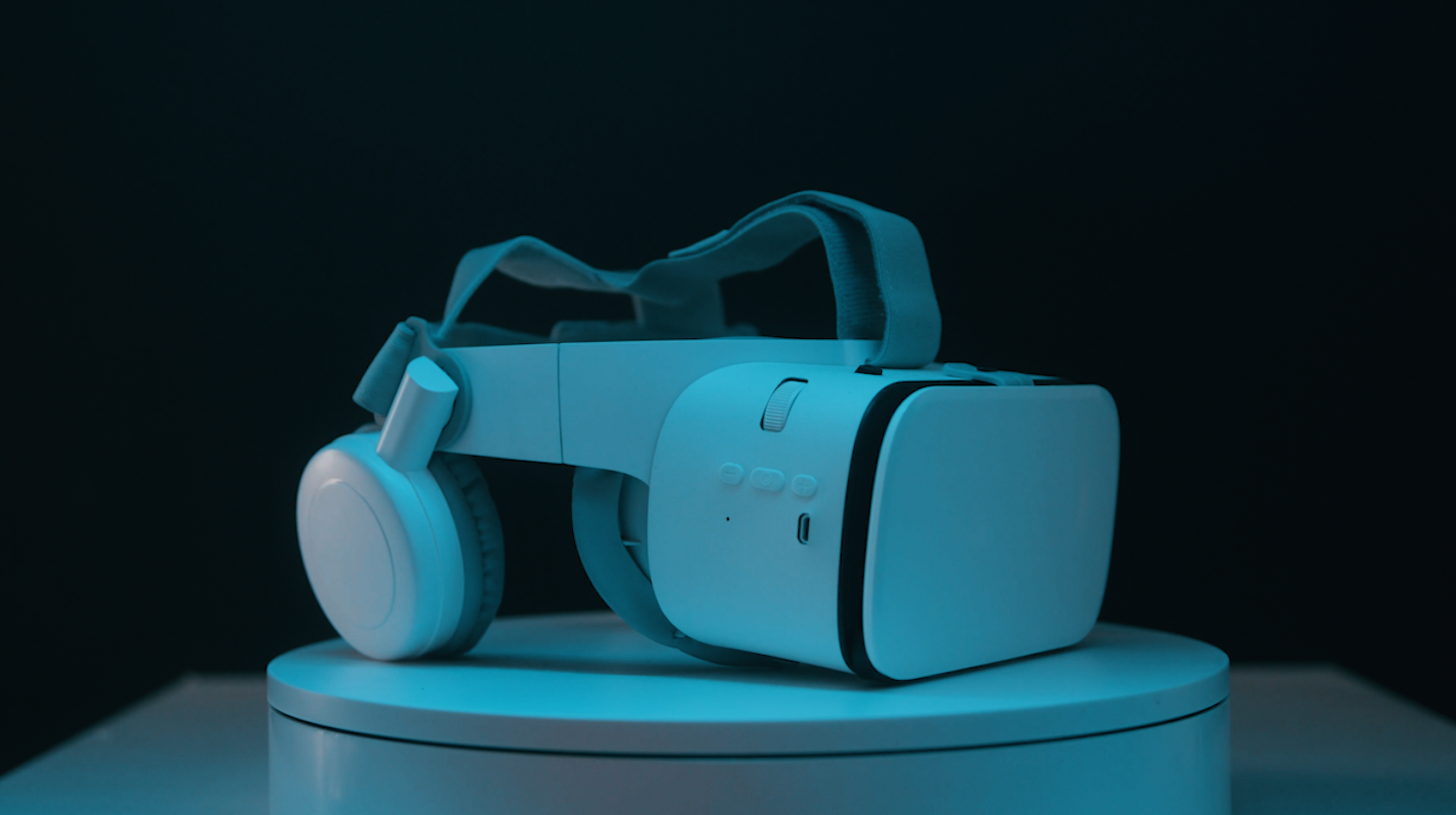
Virtual Reality Is A Sleeping Giant
Virtual reality could be the biggest shift in the way we consume our content since the proliferation of the smartphone.
Continue Reading
Whether you run your own production business or you do some freelance jobs on the side, one of the most difficult parts of being a professional filmmaker is effectively managing and budgeting your time.
There is a lot that goes into planning and executing a successful video project, and both beginner and experienced filmmakers can quickly find themselves overwhelmed with tasks during the process.
Well, here are our 4 biggest tips to avoid getting bogged down in the clutter, and to maximize your efficiency.
I know what you’re thinking:
“I already use a calendar!”
But, you may not be using a calendar enough. I’ve found that many filmmakers are good about keeping track of the very time-specific events such as shoots, meetings, and hard deadlines. But they completely lack any sort of schedule or structure when it comes to post-production and busywork such as marketing, accounting, and gear prep.
One big way you can get a handle on your time is to plan out every single phase of your workflow, and make sure you dedicate specific time blocks on specific days of the week to get those things done. Some people like to do this on a project-by-project basis, while others prefer to build a weekly plan. I personally like the weekly route; I give myself 15 minutes each and every Monday morning to review all of my tasks and obligations for the week, and ensure that I budget enough time for myself to get everything done.
Here’s a sample of what a typical week could look like:
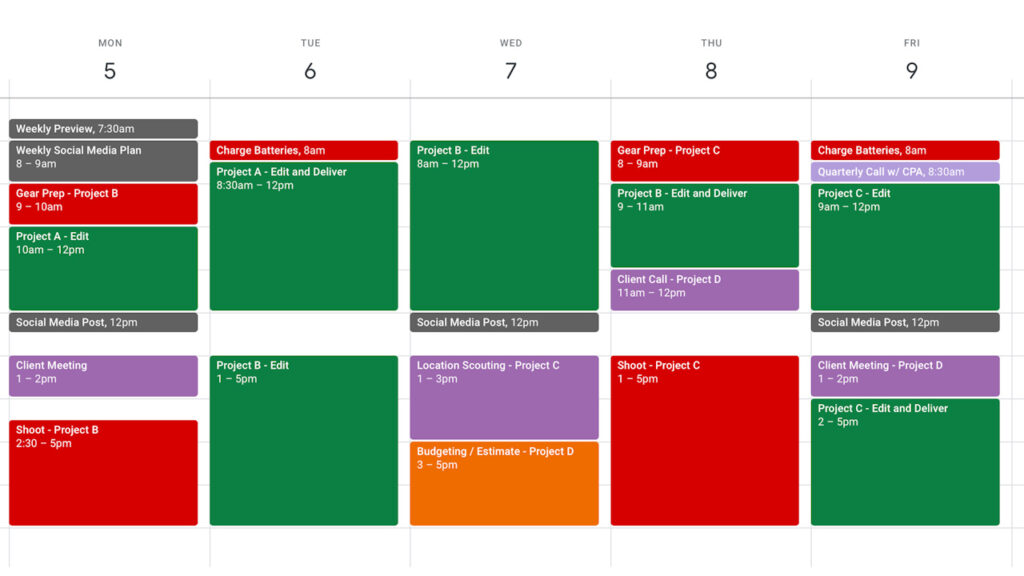
Of course, you can be as detailed as you want with this, and of course, unexpected things will always come up, and plans will change. But in my experience, giving yourself a solid blueprint like this will result in less stress and getting more things done in a given week.


The biggest way you can save time as a filmmaker is to identify any tasks that you’re currently doing that could be sped up or even replaced by a digital tool such as an app, a plugin, or even AI.
For example, maybe you’re still manually syncing your footage and audio after each shoot, when your editing program could be doing the work for you with a few basic steps (both Premiere and Resolve have built-in sync functions).
Maybe you’re manually backing up your footage and data, when your computer could be set to do it automatically at the end of each day.
Or maybe you’re writing out emails and proposals that could be handled by ChatGPT.
Whatever the case, whether it’s at your editing station or even on set, becoming familiar with all of the available digital tools in our industry will allow you to focus less on busywork and more on the creative aspects of your craft.
It may seem counterintuitive, but if you make sure to give yourself dedicated days off, you’ll probably be more efficient during the days you’re working.
I personally try to keep at least one or two days of my week clear to spend with my family, usually weekends. If I do go through a stretch of time where I’m working every single day without any time off, I find that it becomes harder to focus and the speed and efficiency of my work is negatively affected.
This applies to taking breaks within a work day as well. I try to give myself some time early in the morning to prepare for the day, a small break in the middle of the day to recharge, and then more time in the evening to spend with my family and get things done around the house. These brief periods of time to myself really help me to retain my hustle during the hours where I know I need to be getting things done.
When you have the luxury of setting your own schedule, it can become easy to fall into the trap of trying to work too much. If you’re just as intentional about scheduling time off as you are about scheduling work, your overall efficiency (and general happiness) will improve.



Again, it may seem counterintuitive (saving time overall by first spending more time on something), but one of the biggest causes of wasted time in filmmaking is not going into a project with a clear enough outline and goal.
By far, the most serially neglected phase of a project is pre-production. If you don’t take the time to develop a detailed outline, script, shotlist, schedule, and overall goal for a video, you’ll end up wasting time on set filming things you don’t need and wasting time in the edit with revisions. And besides that, the end product usually won’t be as good.
It can be a pain to spend the time in pre-production to get everything dialed in, but this time spent always pays for itself later in the process.
Personally, with every video project that I do, I like to leave the pre-production phase with all of these things nailed down:
– Client’s overall goal and intentions for the video
– Video’s target audience
– Shotlist, script, and/or outline for the video
– Locations, talent, props, gear, crew, and schedule for the shoot
– Project budget, deadline, and terms
It really doesn’t take much time to get these things lined up, and having this blueprint to follow makes things go much smoother and quicker the rest of the way.


The most important part of our job as filmmakers is our creative skill and expertise. And if we make a conscious effort to build these systems that allow us to make the most of our time, we get to spend more time being creative and honing our craft.
Kevin Graham is the Creative Director at Filmpac.

Virtual reality could be the biggest shift in the way we consume our content since the proliferation of the smartphone.
Continue Reading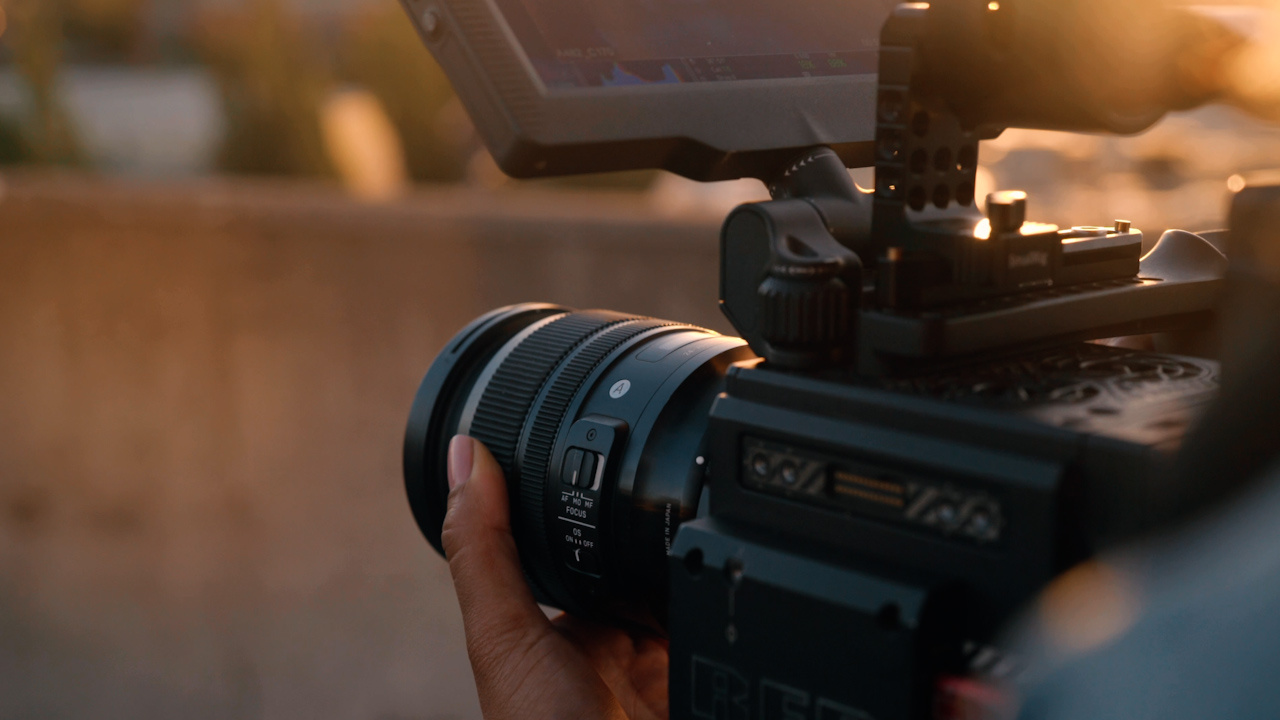
Will iPhone cameras ever actually replace high-quality digital cameras, or is that just more fear-mongering on the internet?
Continue Reading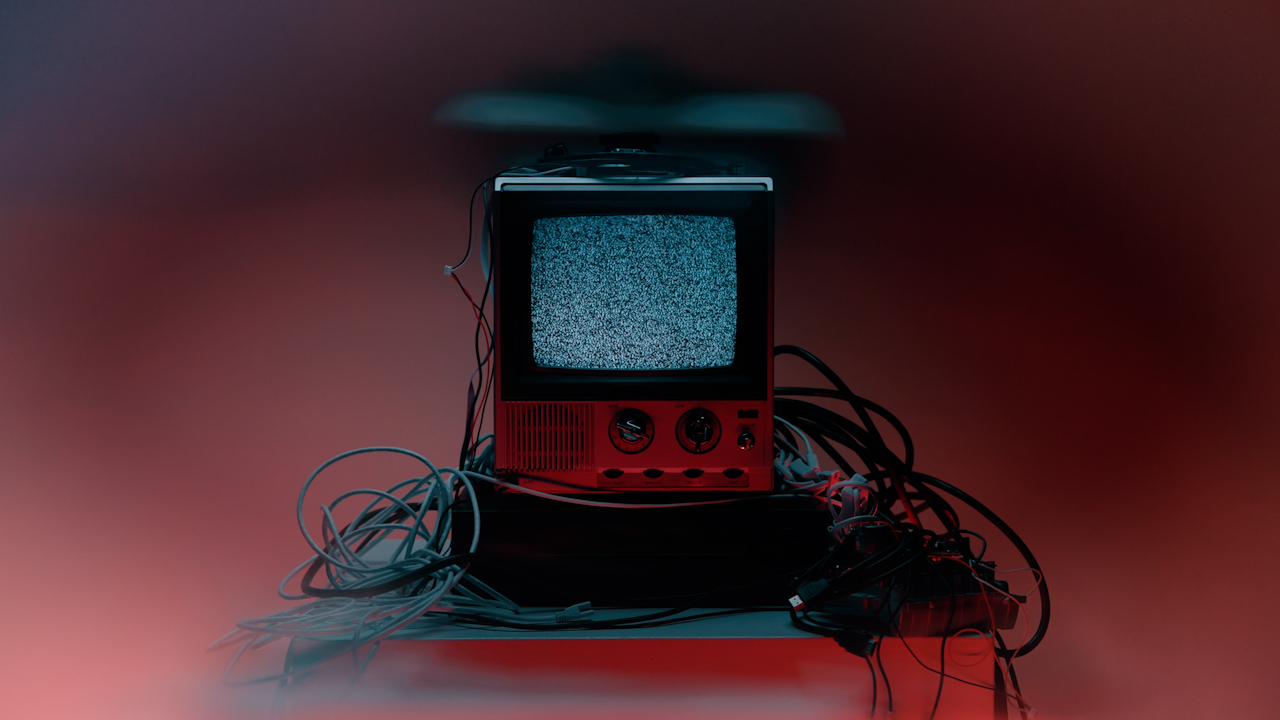
Things move fast in the current video content production world, in terms of both trends and available technology. So where is 8k video?
Continue Reading
In the world of filmmaking, artificial intelligence (AI) has emerged as a game-changer. Here are the 5 best AI tools for filmmakers
Continue Reading

Want to make money selling footage through a major stock footage platform like Filmpac? This page will walk you through the processs.
Continue Reading
Virtual reality could be the biggest shift in the way we consume our content since the proliferation of the smartphone.
Continue Reading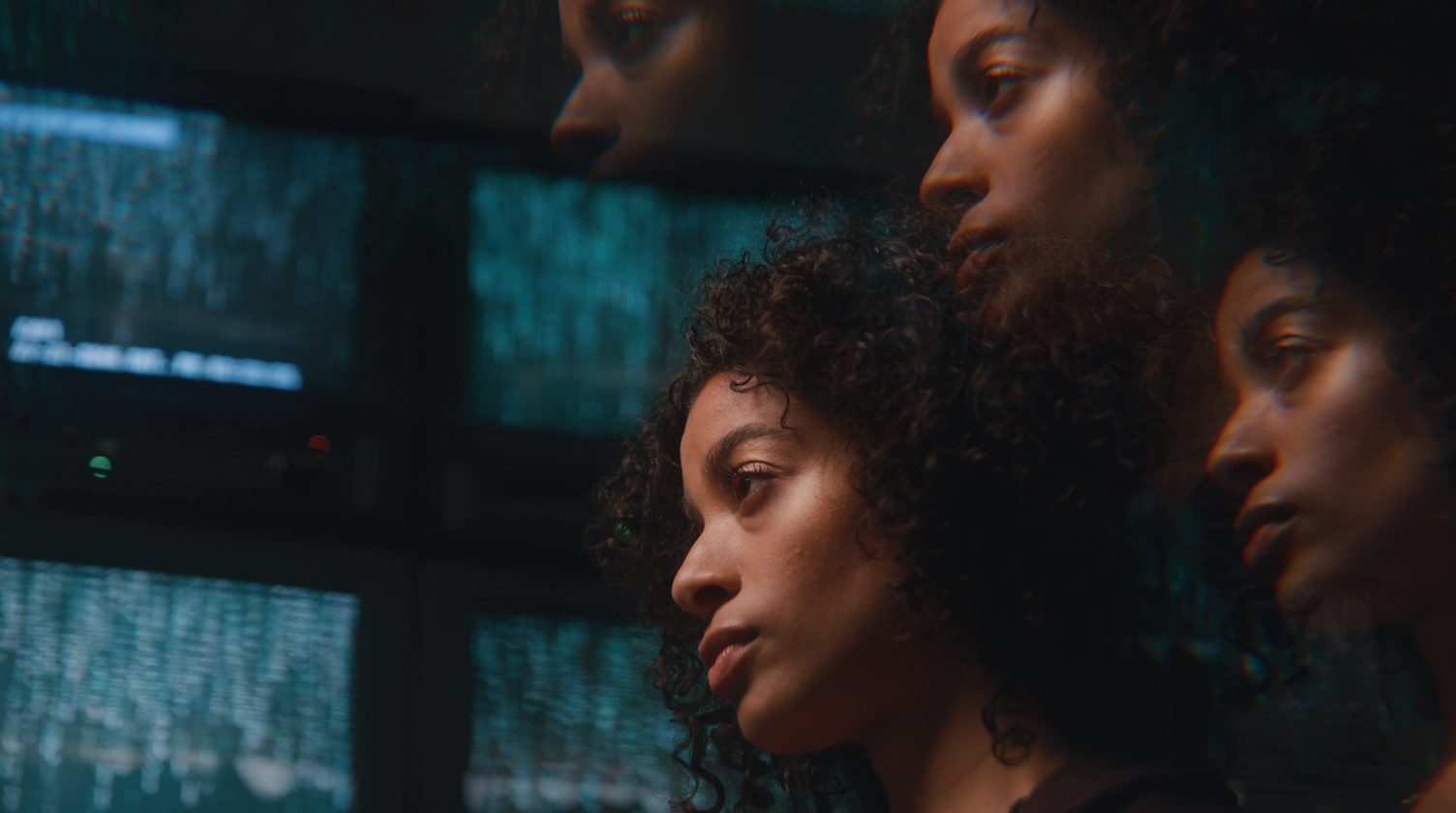
We know you work hard at your craft, and we want to invite you (yes YOU) to show us what you've got in our 10-day Ad Challenge!
Continue Reading